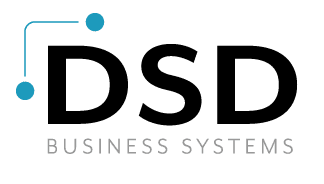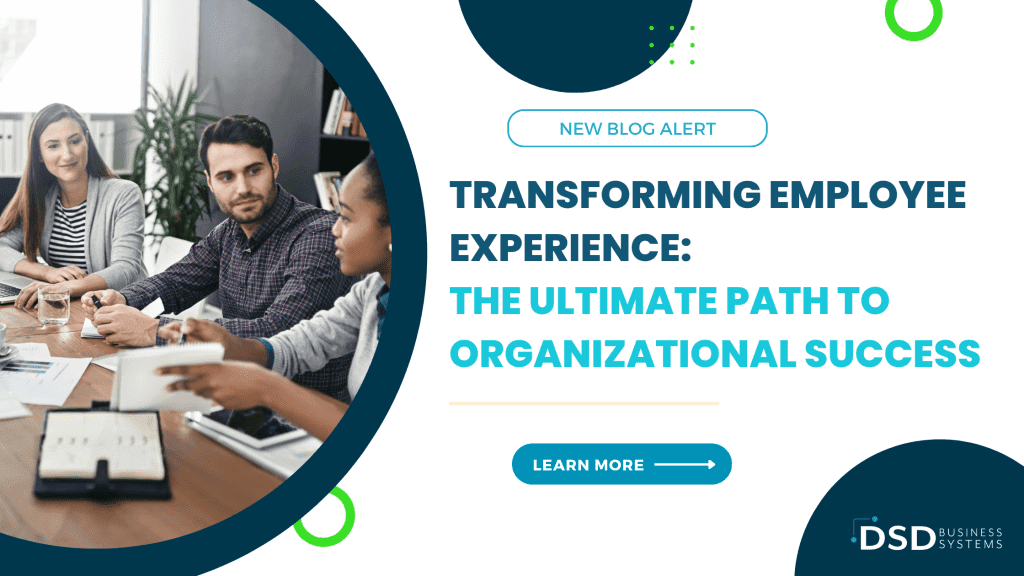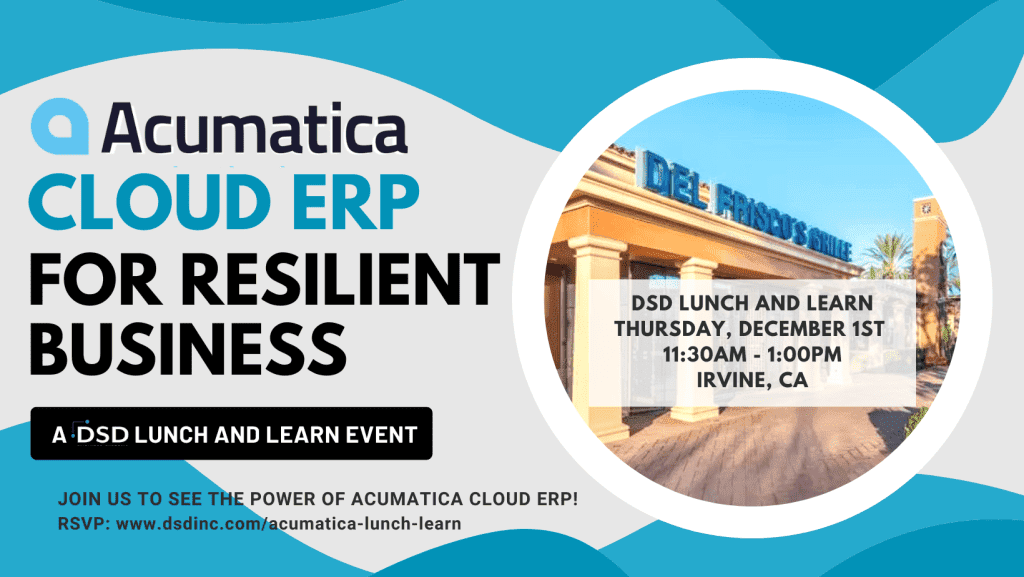“REAL CLOUD” VS. “FAKE CLOUD”
There’s an interesting marketing effort going on right now, in which cloud publishers like Salesforce and NetSuite characterize their products as “Real Cloud” products, and characterize all the others as the “Fake Cloud”. We recently received a marketing blast from a channel partner, and it said this:
“Such has been the success of the Cloud as the applications platform of choice for companies of all shapes and sizes that every software vendor is now claiming to be “in the Cloud”.
“But many vendors do not offer true Cloud-based solutions and these “Fake Cloud” products don’t deliver the key benefits of the Cloud business model. How do you spot a “Fake Cloud” application?
• Does the application deliver the cost benefits of multi-tenancy or is it simply hosted?
• Was the solution originally written for a Local Area Network or the Internet?
• Is the annual upgrade process activity or a project?
“Even Microsoft agrees “Apps should be designed specifically for the Cloud. If you move existing apps into the Cloud, they don’t take advantage of all the features that the Cloud offers” (Rolf Harms, Director of Corporate Strategy Microsoft).”
This is all accurate information, and the benefits of a multi-tenancy cloud product can be substantial but predictably it’s not the entire story. The benefits of a “Local” or “Private Cloud” can be substantial for a company that has already invested significantly in its ERP system.
Private clouds (AKA Hosted Solutions) allow on-premises software (i.e. software not written in a web-based programming language) to exist on a cloud server, servicing the needs of a single organization, with many of the benefits of “true” cloud software. For instance, if your company has a legacy database that was written specifically for you, you can have it hosted on a private cloud, where you reap the benefits of not having to maintain an expensive server, data protection, and backup protection, etc.
Private Clouds and Hosted Solutions are not Fake Clouds, as some of the vendors would have you believe. They are just another option, which should be evaluated before you make a significant investment.
About the Author
Doug Deane is President of DSD Business Systems, an international provider of on-demand (cloud) and on-premises ERP and CRM software, specializing in wholesale distribution, manufacturing, warehouse management, inventory, business intelligence, and eCommerce software. DSD offers NetSuite Cloud ERP, NetSuite CRM, NetSuite eCommerce, Sage 100 ERP (formerly MAS 90), Sage 300 ERP (formerly Accpac), Sage 500 ERP (formerly MAS 500), Sage FAS, Sage HRMS (formerly Abra), Sage CRM, Sage SalesLogix, Sage Add-Ons (Extended Solutions), and Custom Programming. DSD has been a multi-time Sage President’s Circle award winner, a two-time Sage Gold Development Partner of the Year recipient, has been recognized by the San Diego Better Business Bureau (BBB) as a Torch Award Finalist (2009) and Torch Award Winner (2010) for Marketplace Ethics, and has been recognized by the Council of Better Business Bureaus as a 2012 International BBB Torch Award Finalist for Marketplace Excellence.








